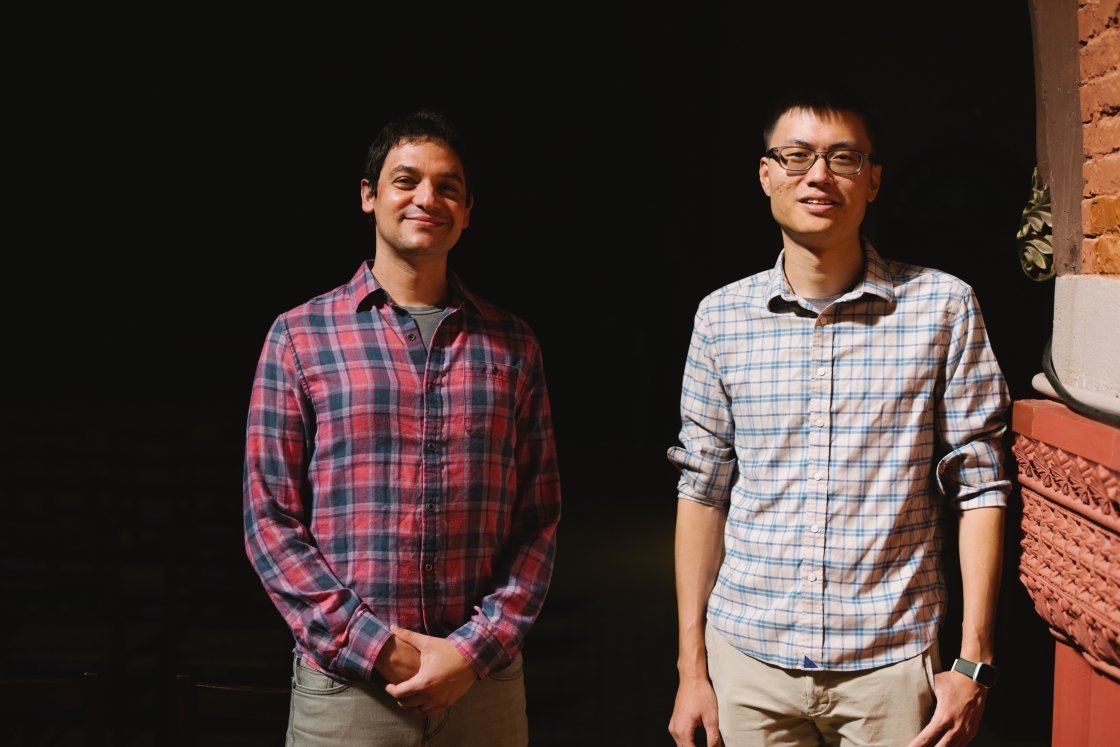April 21, 2015
Jennifer Lind, an associate professor of government at Dartmouth College and a leading expert on Japan, U.S.-Japan relations and East Asian affairs, is available to comment on Japanese Prime Minister Shinzo Abe’s summit with President Barack Obama and Congress on April 28-29.
Abe will be the first Japanese leader to address a joint session of Congress. He and President Obama are expected to announce progress on increased defense cooperation and possibly on trade. They will also discuss China’s growing influence in Asia. Abe’s visit also is important because 2015 is the 70th anniversary of Japan’s defeat in World War II.
“Japan’s threat environment has seriously worsened with the economic and military rise of China, an unfriendly great power that has claims on its territory,” says Lind, who will be in Washington for the summit. “But the people of Japan are resisting spending more on defense and becoming more militarily active. Elevated threat plus little response from Japan means that Japan is really counting on the United States to address its security problems. So the alliance with the United States has never been more vital to Japan.”
Lind says Abe wants to see the U.S. recognize Japan as a valued partner. “Being accorded the honor of a state visit and a joint address to Congress reflects such value, so he is already getting much of what he wants,” she says. “Beyond that, the trip is also an opportunity to make progress on two key initiatives for the two allies: TPP and the updated guidelines for defense cooperation.”
Abe’s address to a joint meeting of Congress “can be thought of as symbolizing the level of significance that the United States accords an alliance,” Lind says. “Former Prime Minister Hayato Ikeda’s speech to the House of Representatives came during the 1960s, at a vital time of solidifying the alliance after a period of turmoil. Today is an equally momentous time, a time when the two allies are facing a significantly shifting threat environment and working together to respond to it.”
The United States’ relationship with Japan is vital to the U.S., Lind says. “In the 1980s, Sen. Mike Mansfield said Japan was America’s most important ally, bar none. I think he was 30 years ahead of his time. Japan wasn’t our most important ally then, but this absolutely is the case today. While the media dissect Ukraine and ISIS, America’s most important security challenge, the one with the possibility to fundamentally transform the world system that the United States values, is rising in the East. And Japan is the ally that has the greatest level of will and capability to help the United States with this challenge.”
Lind says one of the key questions about next week’s summit is how Abe in his speech to Congress will address Japan’s wartime past. “He has been inconsistent in the way he talks about this history — sometimes acknowledging Japanese violence and other times denying it and saying that discussing that past is unpatriotic. Here, he has an opportunity in his speech to set the record straight.”
Associate Professor Jennifer Lind is available to comment at Jennifer.M.Lind@dartmouth.edu.

